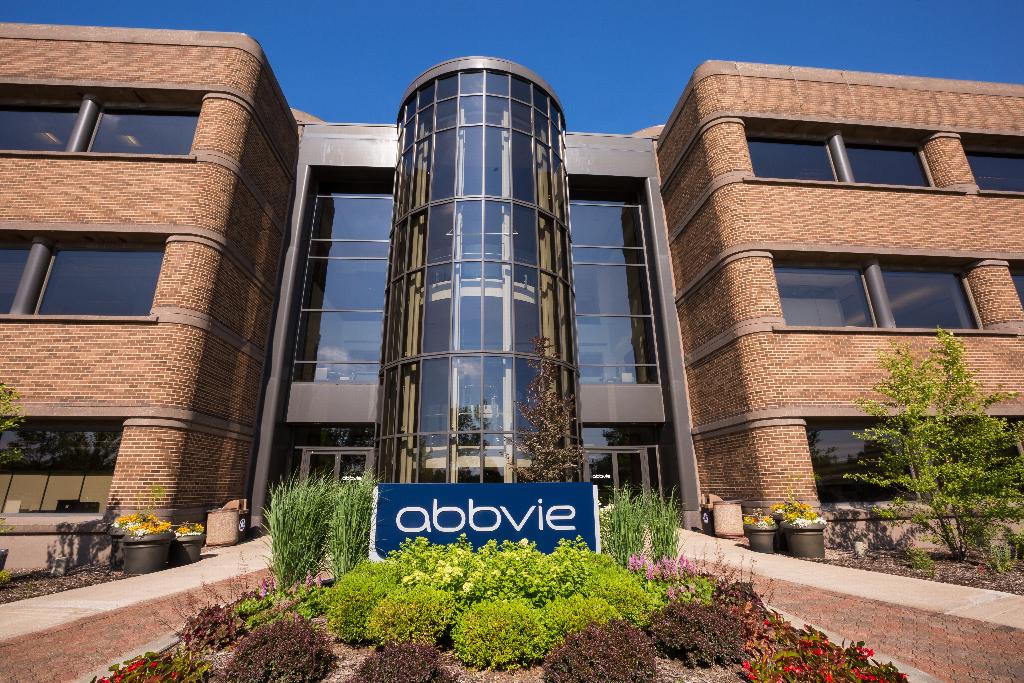AbbVie shielded profits from tax, says Senate panel

A report by the Senate Finance Committee has concluded that AbbVie exploited a financial loophole introduced by former President Donald Trump in 2017 to avoid paying "billions in taxes."
The document says that AbbVie booked 99% of its 2020 prescription drug sales income through its foreign subsidiaries, when 75% of it was made in the US. Now, it's turning its attention to other big pharma groups, including Abbott Laboratories, Merck & Co and reportedly also Bristol-Myers Squibb.
Its publication comes amid plans by Democrat lawmakers to roll back the changes introduced by Trump, and prevent corporations making use of overseas tax havens.
"While big pharma's game playing to avoid paying taxes is no secret, the scope of AbbVie's tax avoidance is eye-popping. We haven't seen the scale until now," said Finance Committee Chair Ron Wyden (D-Oregon).
"It's critical that Congress takes steps to fix this broken system, so nurses and firefighters aren't paying higher tax rates than big pharma," he added.
The report notes that AbbVie made more than $56 billion in worldwide sales, with more than 77% of that total made in the US, but only 1% of its total income reported in the US for tax purposes.
It highlights Humira (adalimumab) – AbbVie's colossally successful immunology therapy – which has made $62 billion in US sales over the last four years. The authors take aim at what they claim is 27 price rises for the drug since it was introduced, resulting in a 470% hike in the annual cost to almost $78,000.
AbbVie's measures to extend market exclusivity for Humira have attracted considerable attention from lawmakers in recent years, but with adalimumab biosimilars now on the market the focus has shifted to the tax avoidance issue.
After spinning off from Abbott in 2013, AbbVie's corporate tax paid came in at an average of around 22%, not too far off the standard rate, but fell to around 9% after the 2017 changes. Last year – after the investigation got underway – it was recorded at 12.5%.
Among the measures taken by the company to reduce its burden was to assign all the US intellectual property for Humira to a Bermuda subsidiary with no employees, which operates through a unit in Puerto Rico that manufactures the product. The finished doses are sold to AbbVie in the US to be distributed onwards.
As it is domiciled in Puerto Rico, the unit is treated as foreign and is subject to a Global Intangible Low Tax Income (GILTI) rate of 10.5%, far lower than the 21% for US corporations.
So far, AbbVie hasn't commented on the findings. Meanwhile, the report notes that other big pharma companies contacted by the Finance Committee " have refused to substantively cooperate."
"Policies the Finance Committee has developed, including a minimum tax on corporate profits and reforms to the international tax system, would both get at this problem, and deliver on our promise to make corporations pay their fair share," said Wyden.













